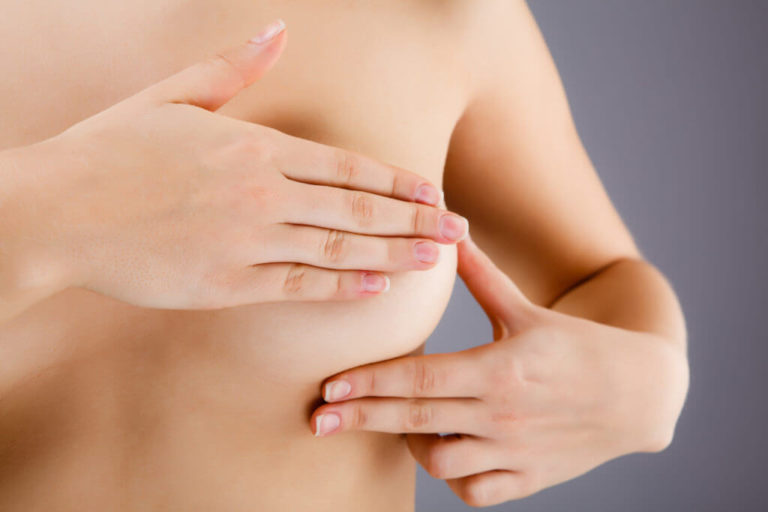Breast reduction surgery is a transformative procedure that can significantly improve a person’s quality of life by alleviating physical discomfort and enhancing body proportions. For those considering breast reduction in Dubai, understanding the role of diet in the recovery process can be crucial for achieving optimal results. The right nutritional choices can support healing, minimize complications, and enhance overall recovery. This article will explore the impact of diet on breast reduction recovery, provide practical dietary recommendations, and highlight the importance of choosing a reputable clinic.
Understanding Breast Reduction Surgery
Breast reduction surgery involves the removal of excess breast tissue, fat, and skin to achieve a breast size that is proportionate to the body and alleviate associated discomfort. The surgery is particularly beneficial for individuals experiencing physical pain, such as back and neck pain, due to large breasts. In Dubai, the cost of breast reduction surgery can range from AED 29,999 to AED 75,000, depending on factors such as the complexity of the procedure and the expertise of the surgeon.
The Importance of Diet in Recovery
Diet plays a significant role in the recovery process after breast reduction surgery. A well-balanced diet supports the body’s healing mechanisms, reduces inflammation, and helps manage pain. Here’s how specific dietary choices can impact your breast reduction recovery:
-
Protein for Tissue Repair
Protein is essential for tissue repair and healing. After breast reduction surgery, your body needs ample protein to rebuild and strengthen the tissues that have been altered. Incorporate lean proteins such as chicken, turkey, fish, eggs, and plant-based sources like beans and lentils into your diet. Adequate protein intake will help promote faster healing and reduce the risk of complications.
-
Hydration for Optimal Healing
Staying hydrated is crucial for recovery. Water helps flush out toxins, supports metabolic functions, and maintains skin elasticity. Aim to drink at least 8-10 glasses of water daily. Avoid excessive caffeine and alcohol, as they can dehydrate the body and hinder the healing process.
-
Vitamins and Minerals for Immune Support
Vitamins and minerals play a vital role in immune function and overall recovery. Vitamin C, found in citrus fruits, strawberries, and bell peppers, is particularly important for collagen production and wound healing. Vitamin A, present in sweet potatoes, carrots, and spinach, supports skin health. Zinc, found in nuts and seeds, aids in cell repair. Ensure your diet includes a variety of fruits, vegetables, and whole grains to meet these nutritional needs.
-
Anti-Inflammatory Foods
Incorporating anti-inflammatory foods can help reduce swelling and discomfort after surgery. Foods rich in omega-3 fatty acids, such as salmon, flaxseeds, and walnuts, have anti-inflammatory properties. Additionally, foods like turmeric, ginger, and berries can help manage inflammation and support a smoother recovery.
-
Avoiding Processed and High-Sodium Foods
Processed and high-sodium foods can contribute to bloating and fluid retention, which may exacerbate swelling. Opt for whole, unprocessed foods and reduce your intake of salty snacks, canned goods, and fast food. A diet focused on fresh, nutrient-dense foods will aid in maintaining a healthy weight and promoting effective recovery.
Post-Surgery Dietary Tips
-
Follow Your Surgeon’s Recommendations: Adhere to any specific dietary guidelines provided by your surgeon. They may have tailored advice based on your individual health needs and the specifics of your breast reduction surgery.
-
Monitor Portion Sizes: Eating smaller, more frequent meals can help manage post-surgery discomfort and prevent overeating. Balanced meals with appropriate portion sizes will support your body’s healing process without adding unnecessary strain.
-
Consider Supplements: If you have difficulty meeting your nutritional needs through food alone, consider supplements such as vitamin C, zinc, and protein powders. Always consult with your healthcare provider before starting any new supplements.
-
Prepare for the Long Term: Recovery doesn’t end with the immediate post-surgery period. Adopting a long-term healthy eating pattern will support ongoing wellness and contribute to the maintenance of your results.
Choosing the Right Clinic and Surgeon
Selecting the best plastic surgeons in Dubai is crucial for ensuring a successful breast reduction surgery and a smooth recovery. Experienced surgeons will not only perform the procedure with skill but also provide comprehensive post-operative care, including dietary recommendations tailored to your needs.
Perfect Doctors Clinic is a renowned facility in Dubai that offers exceptional care for breast reduction surgeries. With a team of highly qualified and experienced plastic surgeons, the clinic provides personalized treatment plans and post-surgery support to ensure the best possible outcomes for their patients.
Conclusion
In conclusion, diet plays a pivotal role in the recovery process following breast reduction surgery. By focusing on a nutrient-rich diet that includes adequate protein, hydration, vitamins, and anti-inflammatory foods, you can enhance your healing process and achieve better results. The breast reduction cost in dubai ranges from AED 29,999 to AED 75,000, and choosing the best plastic surgeons in Dubai, such as those at Perfect Doctors Clinic, ensures that you receive top-notch care and support throughout your journey. A well-planned diet, combined with expert medical care, will contribute to a smoother recovery and help you enjoy the benefits of your breast reduction surgery for years to come.

